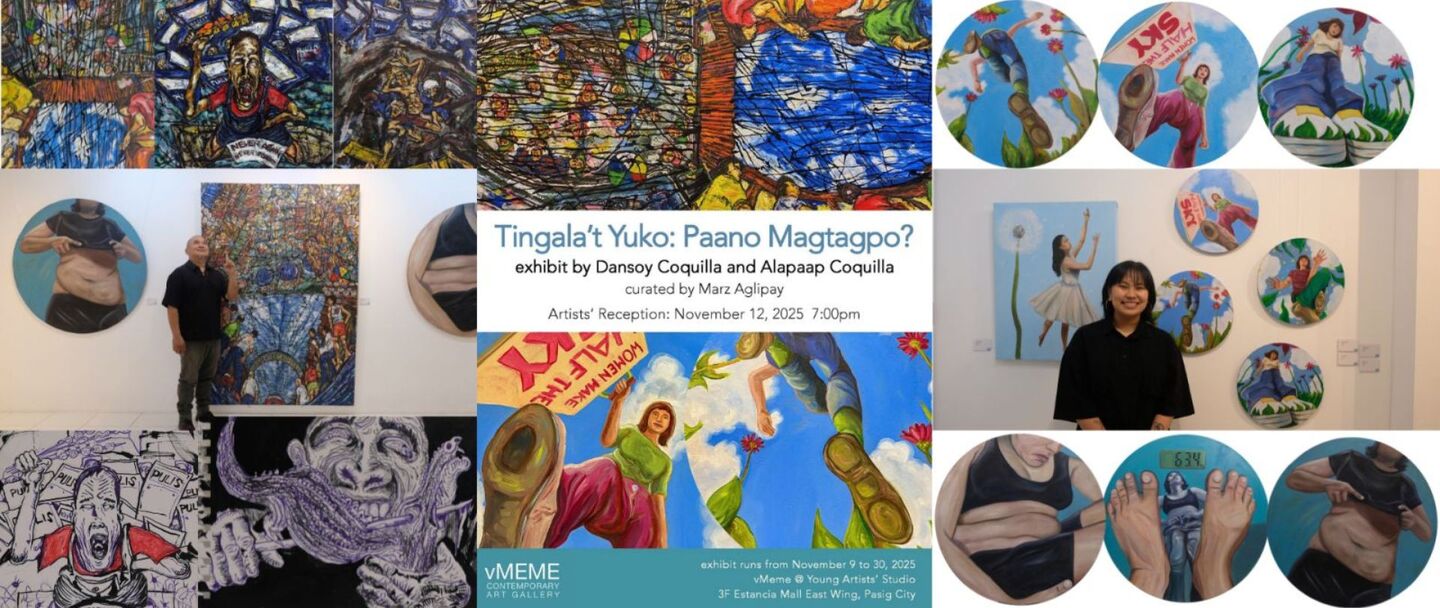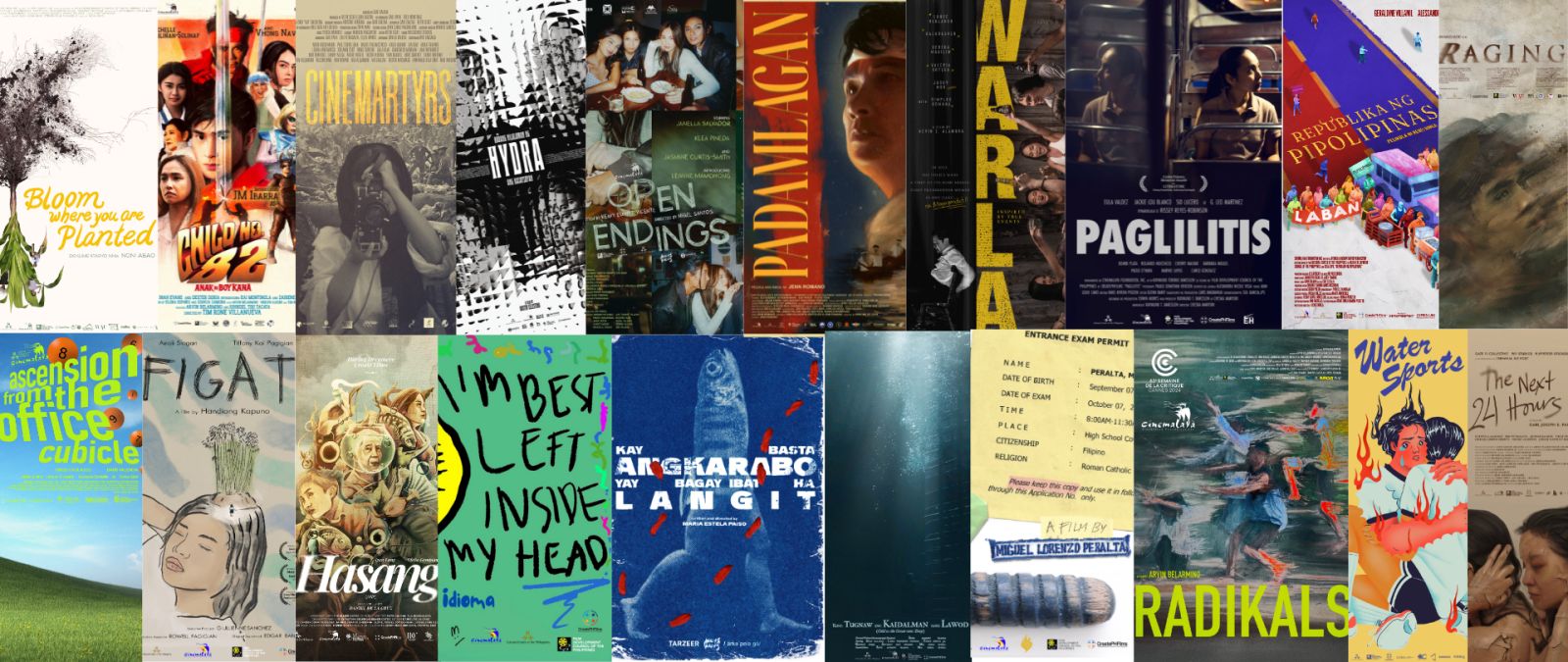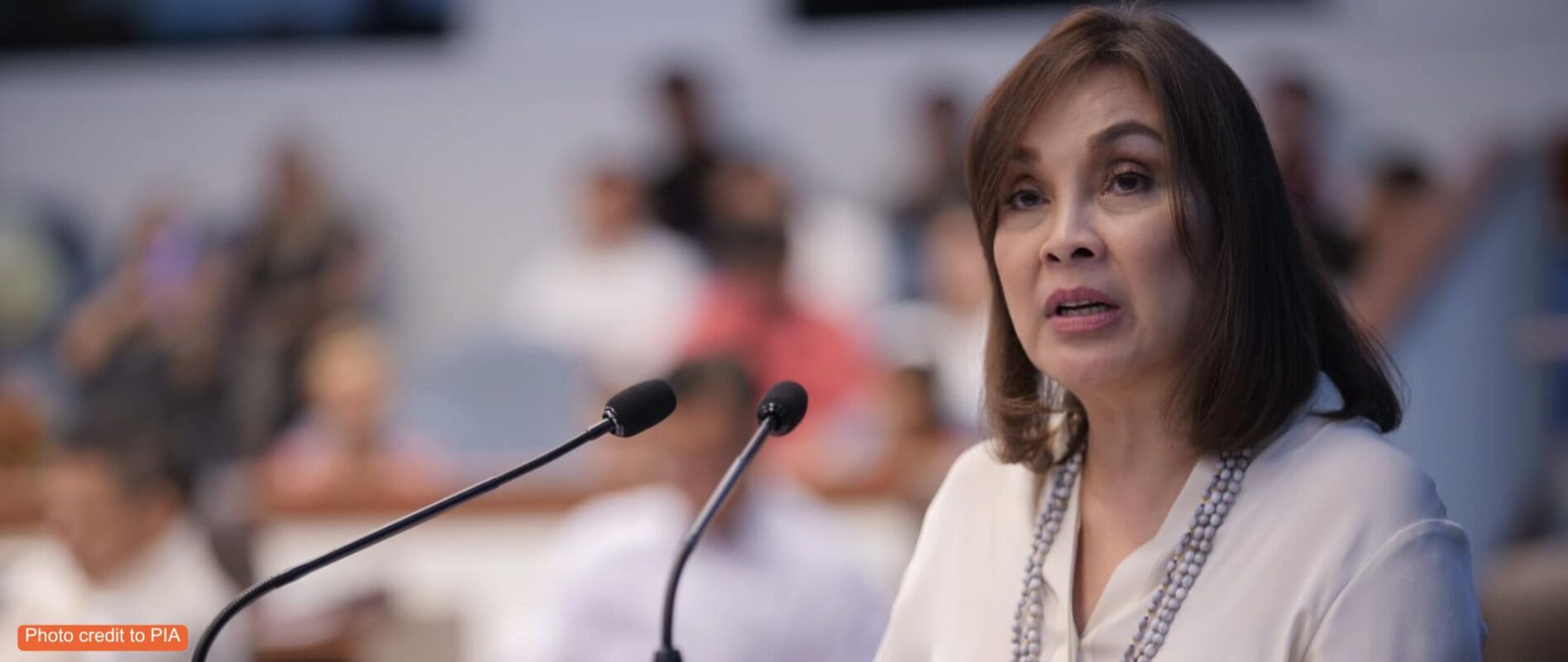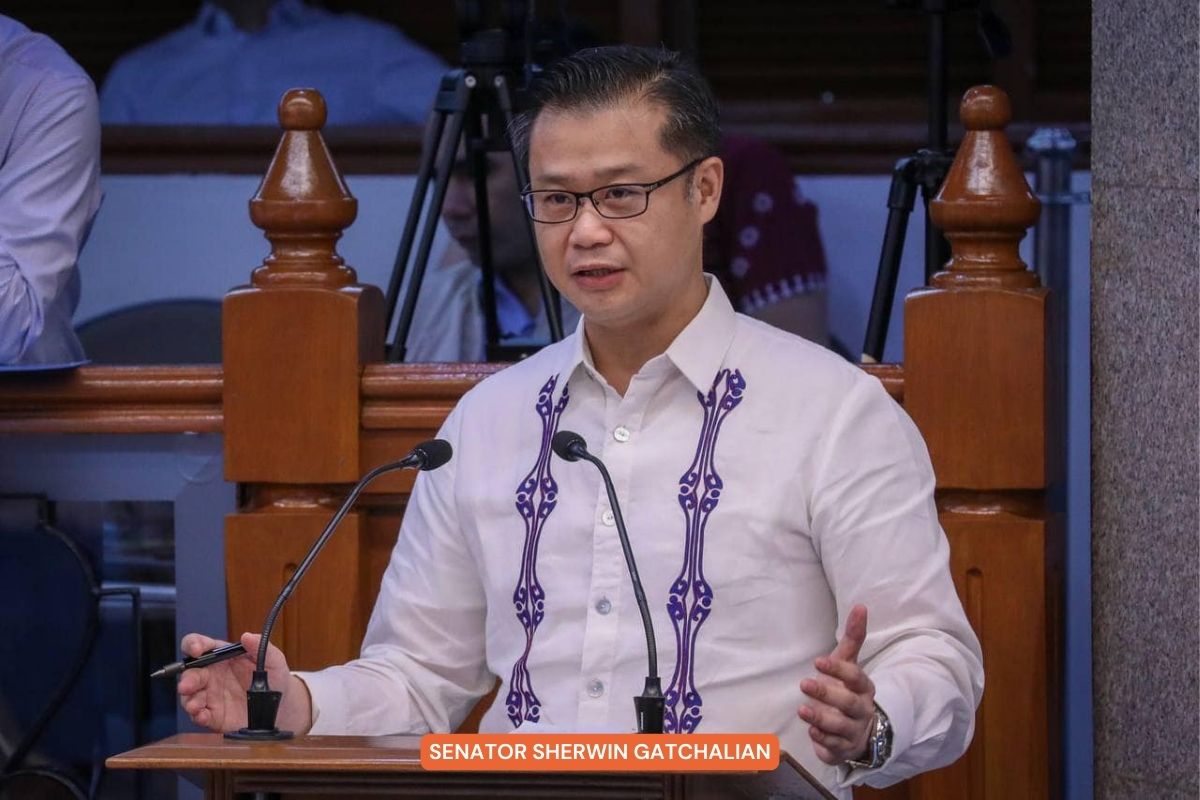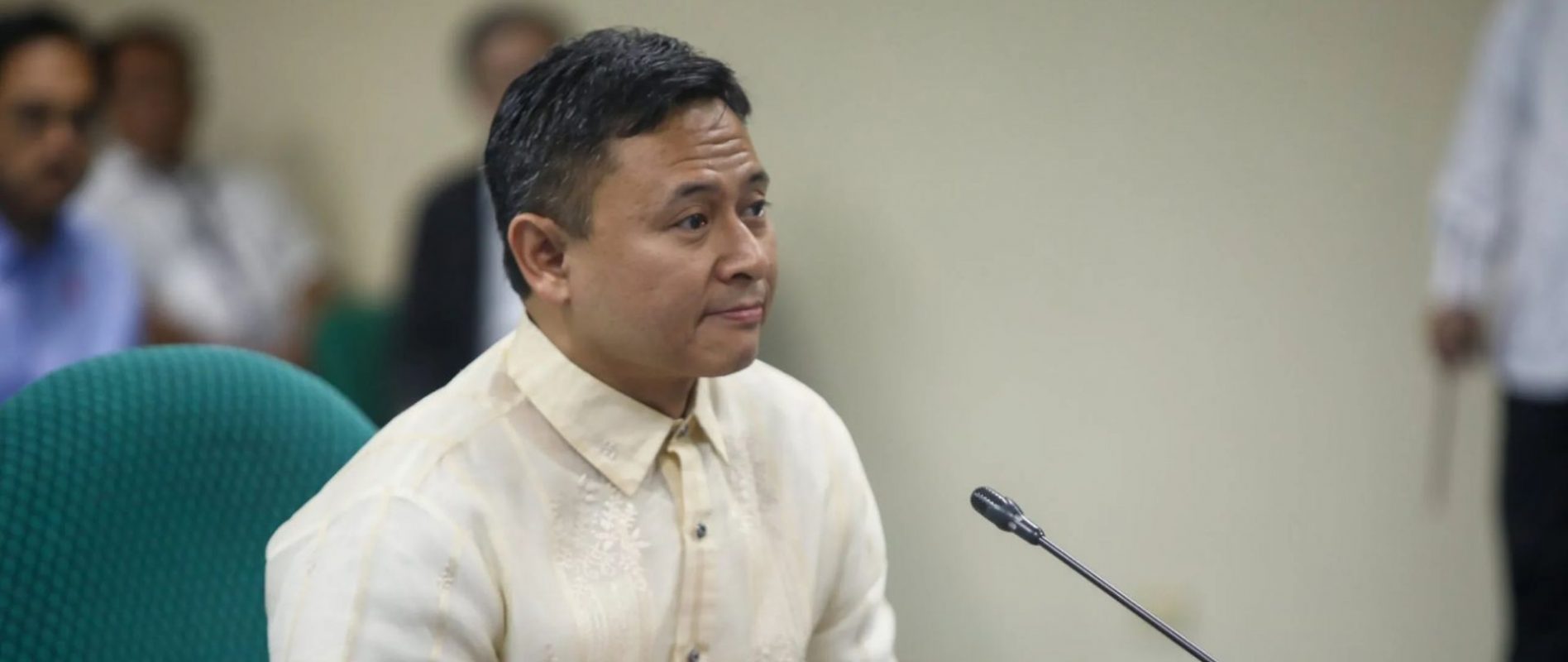STREAM CONSCIOUSNESS: FILM REVIEWS OF THE 10 SHORT FILMS OF THE 16TH CINEMALAYA PHILIPPINE INDEPENDENT FILM FESTIVAL (PART 1)
In the face of the global pandemic, the tradition of celebrating and championing new and established Filipino filmmaking greats continues in this year's Cinemalaya Philippine Independent Film Festival. First in this two-part series, here's a look at the short films in competition as the pioneering film festival takes the virtual platform.
True to its long-standing tradition, the Cinemalaya Philippine Independent Film Festival pushed through with its mission of showcasing Filipino films despite the continuous impact of the COVID-19 pandemic that put the world into a standstill. With the government restrictions prohibiting fans to gather and convene at the Cultural Center of the Philippines as usual, lovers of films take to the virtual platform, with this year’s theme “Stream Consciousness”.
For this year’s main competition, 10 short films divided into two categories were selected among hundreds of submissions to grace our personal silver screens and provide the much-needed constant in an otherwise uncertain couple of months.
Included in Category A are Ang Gasgas Na Plaka Ni Lolo Bert by Janina Gacosta & Cheska Marfori, Pabasa Kan Pasyon by Hubert Tibi, Fatigued by James Mayo, Tokwifi by Carla Pulido Ocampo, and Quing Lalam Ning Aldo (Under The Sun) by Reeden Fajardo. For Category B are Ang Pagpakalma Sa Unos by Joanna Vasquez Arong, Living Things by Martika Ramirez Escobar, Utwas by Richard Salvadico & Arlie Sweet Sumagaysay, Excuse Me Miss, Miss, Miss by Sonny Calvento and The Slums by Jan Andrei Cobey.
In a TalkBack episode streamed last August 7, the filmmakers are unanimous in saying that while it is a director’s ultimate dream to have its masterpiece be shown in the main theater of the CCP, the opportunity inadvertently brought by the current situation to reach more audience is a silver lining they would gamely take.
As always, the film selection caters vast interest ranging from social and personal topics, creatively told through different techniques and styles across genres. If you have not yet streamed this year’s main competition selection, here’s what to expect for this year’s main entries:
Ang Gasgas Na Plaka Ni Lolo Bert
by Janina Gacosta & Cheska Marfori
The short film tells a story of an old man nearly prepared to die. Living with HIV for most of his twilight years, Lolo Bert shutdown the world and is content spending his remaining days away from the public until a package is anonymously dropped right at his doorstep triggering waves of memories, Unbeknownst to him, the package will then bridge the creation of new ones. The use of music to create nostalgia is precise, and the song choice is perfect. Casting Dindo Dela Paz and Soliman Cruz for the lead roles amplified the story as the two, while appearing to have mismatched personalities, showed a different kind of screen chemistry. Most importantly, Gacosta and Marfori were able to relay the message the movie wanted to; that being scratched and pained by life does not take away the fact that you can still create and bask in good music.
Pabasa Kan Pasyon
by Hubert Tibi
Pabasa Kan Pasyon highlights a Bicolano family in the midst of commemorating the Semana Santa. The film portrays the irony of Christianity in the Philippines, if not, the growing hypocrisy among the so-called religious. Heavily influenced by religious affiliations, the Philippines has many archaic and sometimes weird practices just to proclaim its faith. The Lenten season, in so many ways, best demonstrates such. The reality that the same is being used by many Filipinos to allow themselves financial stability is already well established but Pabasa, through the storytelling of Tibi, showcased how heavily dependent the two are, while weighing on what more is important in a modern Filipino family. After all, faith, alone, cannot satisfy a hungry stomach while hypocrisy goes both ways.
Fatigued
by James Mayo
James Mayo, in his short film, wants to send a clear message across: being fatigued is not good at all. Still, this short movie offers more than its literal title. Using a virtual game set up, Mayo encourages viewers to participate and assume the role of the player of the game. While it is voluntary interaction, viewers, which in turn are the players, feel that they really are playing along due to the perfect and clever use of eerie musical score, which gives the film a chilling effect that makes it more curiously enticing. The mystery that blankets the film certainly provokes different senses from the viewers, making the entire experience more personal and unique. Here’s just a reminder: always follow the instructions or else, it is game over.
Tokwifi
by Carla Pulido Ocampo
Tokwifi emphasizes the need for cultural accuracy and appropriateness before the same can be incorporated in whatever art form. True enough, Ocampo made sure that the accurate and proper representation of the lives, tales, and culture of the Bontoc people will be championed. Rich with symbolism, this movie integrates two different civilizations belonging in the same timeline while subtly discussing the notions of the old world about the roles of the indigenous people and women in society. The use of the television set to visualize how limited the community looks at women before does not go unnoticed. The importance of communication, or at the least, the attempt to communicate despite language barriers has also been underscored. Ocampo, through the little, yet culturally correct, representations mixed with sublime, yet powerful, discussion of how society has matured through the years, was able to create a star that will shine brightly into the night.
Quing Lalam Ning Aldo (Under The Sun)
by Reeden Fajardo
Redeen Fajardo’s short film, is, at first impression, a light and feel good film with the usual melodramatic twists. While it scores with its comedic streak, there’s more to the story than the laughs and the giggles. Budang, a transgender sampaguita farmer is yearning to be reunited with her son who currently is abroad. When Janjan said that he was coming home, Budang made sure to prep everything to absolute perfection, only to fail, at least in her eyes. Fajardo attempted to discuss a lingering societal issue about trans people having and raising kids on their own. Bending the definition of traditional Filipino family, until today, despite gaining global support and acceptance, the transgenders’ capability to establish a family has raised one to many eyebrows and has received one too many preconceived judgments. Fajardo is successful in making the viewers entertained, while triumphant in raising the discussion on normalizing the reality that trans people can achieve success, both in raising a family and in creating a dent in society.



